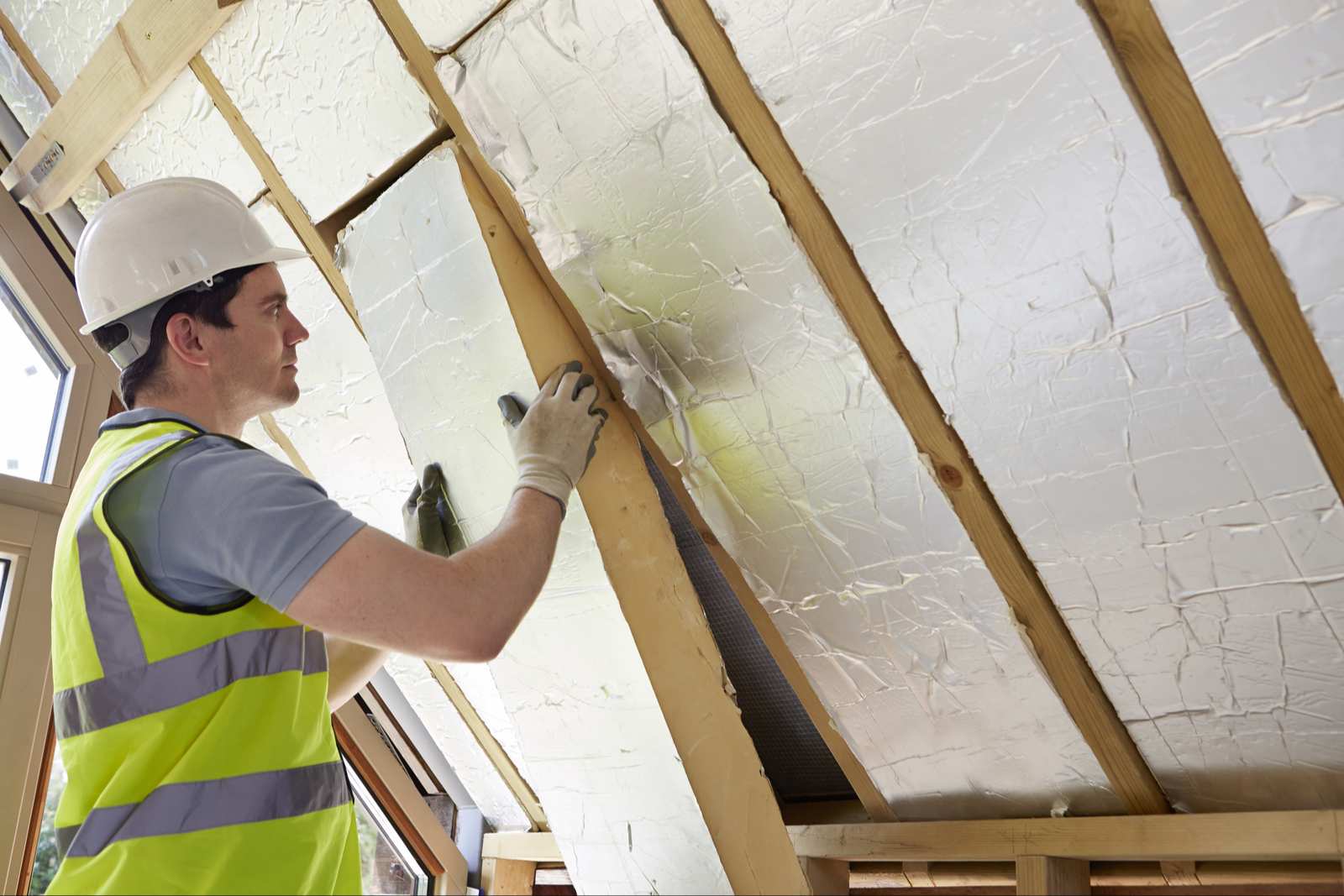Discover how affordable home insulation can lead to significant energy savings and increased comfort in your home. Learn about various types of insulation, where to install it, and how you can support the environment while also minimizing your energy bills. Ready to transform your home? Let’s explore the possibilities of effective home insulation.

Understanding Home Insulation
Home insulation is a crucial aspect of energy efficiency, particularly in the UK where energy costs continue to rise. Insulation works by retaining heat during the winter and keeping the cool air in during the summer. When your home is properly insulated, you can save a substantial amount on energy bills, while also enhancing the comfort and health of your living space.
Types of Home Insulation
Choosing the right type of insulation depends on several factors, such as your home structure, climate, and budget. Here are the primary types of insulation available:
- Fiberglass: One of the most common types, fiberglass is affordable, easy to install, and effective in reducing heat transfer.
- Cellulose: Made from recycled materials, cellulose is eco-friendly and offers a great performance in reducing air leaks.
- Spray Foam: Though more expensive, spray foam provides one of the highest R-values, perfect for sealing gaps and cracks.
- Rigid Foam: Ideal for insulating exterior walls and basements, offering a higher R-value per inch compared to fiberglass or cellulose.
- Mineral Wool: Provides excellent fire resistance and soundproofing capabilities.
For more detailed advice on selecting the right insulation for your home, you can consult Insulate Your Home: Expert Energy Advice.
Benefits of Insulating Your Home
The benefits of home insulation extend beyond just energy savings. Here are some of the key advantages:
- Reduced Energy Bills: Significantly lower your heating and cooling costs.
- Improved Comfort: Maintain a consistent temperature throughout your home.
- Environmental Impact: Lower your carbon footprint by reducing energy consumption.
- Increased Home Value: Insulated homes are more appealing to buyers.
- Soundproofing: Insulation can help in reducing noise pollution.
For those interested in learning more about how insulation saves energy, you can visit Save Energy with Insulation.
Cost and Support for Home Insulation
Investing in home insulation can be cost-effective with potential support schemes available. The Great British Insulation Scheme, for instance, offers financial assistance to homeowners looking to improve their home’s energy efficiency. Learn more about applying at Apply for support from the Great British Insulation Scheme.
Here's an estimated cost table for various insulation types in GBP:
| Insulation Type | Price Range (Per Square Metre) |
|---|---|
| Fiberglass | £10 - £20 |
| Cellulose | £15 - £25 |
| Spray Foam | £30 - £50 |
| Rigid Foam | £25 - £40 |
| Mineral Wool | £20 - £35 |
Finding Insulation Services
It’s essential to hire a professional for insulation installation to ensure the job is done correctly and efficiently. Consider contacting local experts who can offer tailored advice and services for your specific needs. Check reviews and ratings to find a reliable installer near you. You can use resources such as Find An Insulation Installer Near Me or Home Insulation Services to get started.
Conclusion
Home insulation is an investment that pays you back with lower energy bills, a more comfortable living environment, and a smaller carbon footprint. Explore different types of insulation, understand their benefits, and ensure you choose the right professionals to assist you in making your home more energy-efficient. Start your journey towards an insulated home and enjoy the long-term benefits today.

